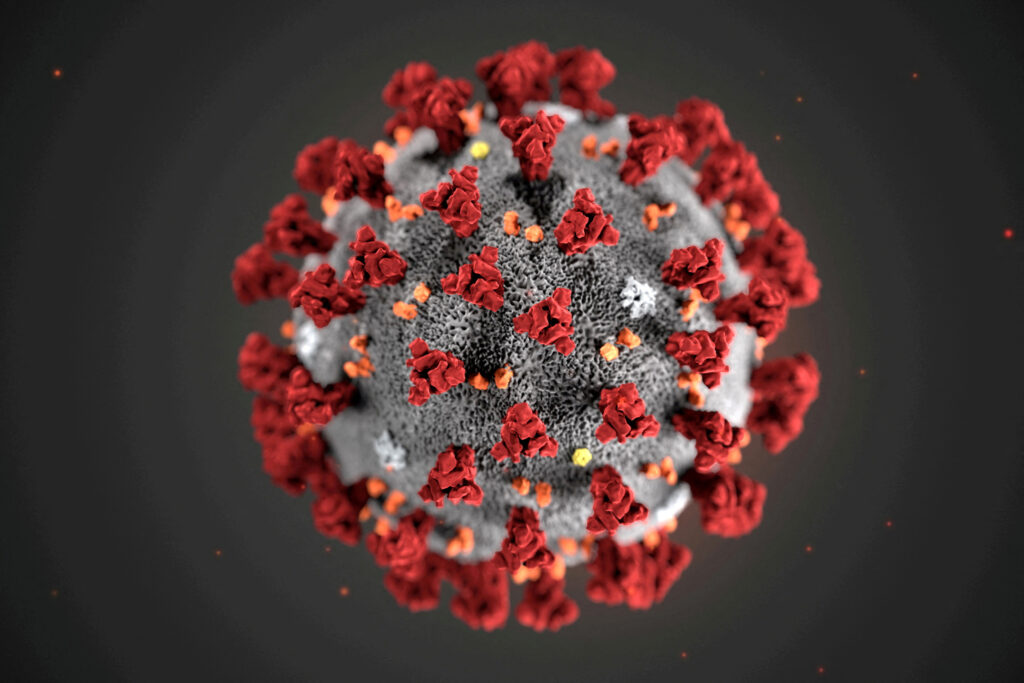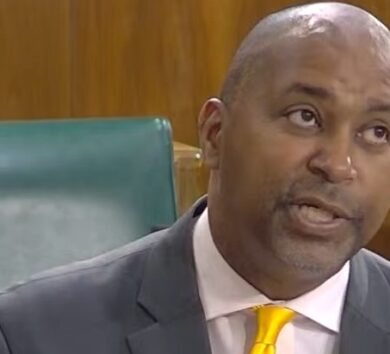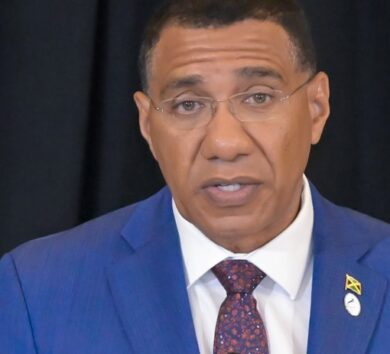

LONDON (Reuters)
COVID-19 no longer represents a global health emergency, the World Health Organization said on Friday (May 5), a major step towards the end of the pandemic that has killed more than 6.9 million people, disrupted the global economy and ravaged communities.
The WHO’s Emergency Committee met on Thursday and recommended the UN-agency declare an end to the public health emergency of international concern, which has been in place for over three years.
The WHO’s emergency committee first declared that COVID represented its highest level of alert more than three years ago, on January 30 2020. The status helps focus international attention on a health threat, as well as bolstering collaboration on vaccines and treatments.
It is therefore with great hope that I declare COVID-19 over as a global health emergency.
WHO Director-General Tedros Adhanom Ghebreyesus
Lifting it is a sign of the progress the world has made in these areas, but COVID-19 is here to stay, the WHO has said, even if it no longer represents an emergency.
“COVID has changed the world, and it has changed us. And that’s the way it should be. If we go back to how things were before COVID-19, we will have failed to learn our lessons, and failed our future generations,” said Ghebreyesus.
The death rate has slowed from a peak of more than 100,000 people per week in January 2021 to just over 3,500 in the week to April 24, 2023, according to WHO data.

The WHO does not declare the beginning or end of pandemics, although it did start using the term for COVID in March 2020.
Last year, U.S. President Joe Biden said the pandemic was over. Like a number of other countries, the world’s biggest economy has begun dismantling its domestic state of emergency for COVID, meaning it will stop paying for vaccines among other benefits.
Other regions have taken similar steps. The European Union said in April last year the emergency phase of the pandemic was over, and the WHO’s African head, Matshidiso Moeti, said in December it was time to move to routine management of COVID across the continent.
Ending the emergency could mean that international collaboration or funding efforts are also brought to an end or shift in focus, although many have already adapted as the pandemic has receded in different regions.







Comments